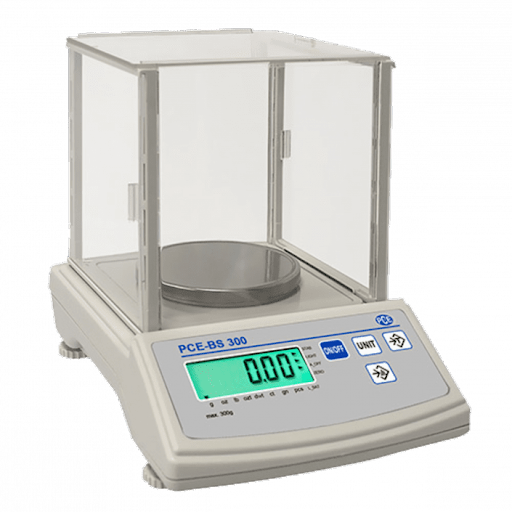An analytical weighing balance is a highly sensitive laboratory instrument used to accurately measure small samples’ mass with a precision of up to 0.0001 grams (0.1 milligrams). These balances are used in various scientific fields, such as chemistry, physics, biology, and pharmacy, where precise measurements are crucial for research and experimentation.
Analytical weighing balances (https://adkinstruments.in/categories/measuring-devices/analytical-weighing-balance) operate on electromagnetic force restoration, where a sample is placed on the weighing pan. The balance measures the force required to counteract the gravitational force acting on the sample. The balance then displays the mass of the sample, which can be recorded for further analysis or calculations.
These balances typically have a draft shield or enclosure to protect the sample from air currents and other environmental factors that could affect the accuracy of the measurement. They also often have automatic calibration features and advanced software that enables data logging, statistical analysis, and other useful functions.
Here are some tips on the usage of analytical weighing balances:
- Always ensure that the balance is calibrated before use. This can be done by using standard weights of known mass.
- Ensure the balance is placed on a level surface and free from any vibrations or air currents.
- Always wear gloves when handling samples to prevent contamination.
- Use a weighing boat or a piece of paper to hold the sample being weighed. The boat or paper should be clean and free from dust or debris.
- When using the balance, please wait for it to stabilize before taking a reading. The balance may take several seconds to stabilize, depending on the weight of the sample.
- Never touch the weighing pan or chamber with your fingers or any other object. This can affect the accuracy of the balance.
- Clean the balance after each use with a soft brush or a lint-free cloth.
- Store the balance in a dust-free environment when not in use.
Why do people use it?
- Chemical Analysis: Analytical weighing balances are essential in chemical analysis for measuring the precise mass of chemicals and reagents. In quantitative analysis, measuring the exact amount of a particular substance required to perform a reaction or an experiment is necessary.
- Pharmaceutical Industry: The pharmaceutical industry uses analytical weighing balances to measure small quantities of active ingredients and excipients used to prepare drugs. The accuracy of the weighing instrument ensures that the right amount of each ingredient is added to the formulation.
- Food Industry: Analytical weighing balances are used in the food industry to measure the exact amount of ingredients used in recipes, especially in producing high-end foods such as chocolates and pastries. This ensures the final product has the desired taste, texture, and quality.
- Environmental Testing: Analytical weighing balances measure the mass of samples collected from the environment, such as air particles or water samples. The weighing instrument’s accuracy ensures that the analysis results are reliable and accurate.
- Research and Development: Analytical weighing balances are used extensively in research and development in various fields. For example, it is necessary to measure the mass of nanoparticles with a high degree of accuracy in nanotechnology. They are used in industries ranging from pharmaceuticals to food to environmental testing and in research and development.

